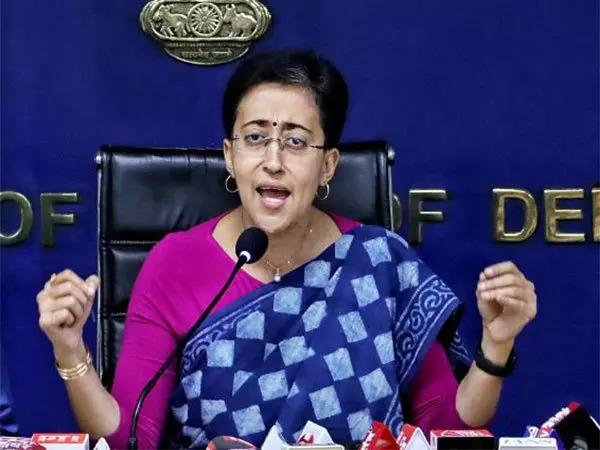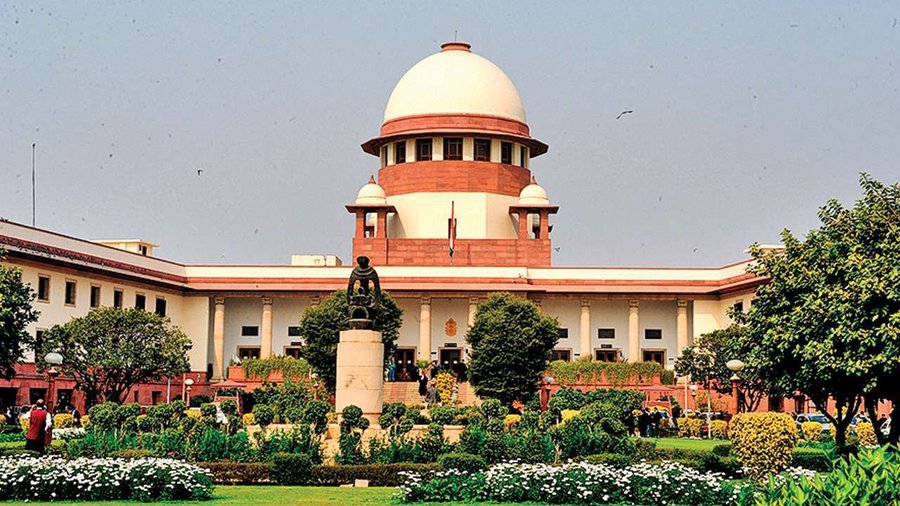As Delhi grapples with worsening air quality, Chief Minister Atishi has lashed out at the Bharatiya Janata Party (BJP)-led central government for its lack of action on stubble burning, a key contributor to pollution in the national capital. Atishi criticized the Centre for not taking any significant steps to address the issue, despite its growing impact on health in North India.
At a press conference on Monday, Atishi stated that the hazardous air quality in Delhi has reached emergency levels due to stubble burning in neighboring states like Punjab, Haryana, Uttar Pradesh, and Rajasthan. She accused the central government of “indulging in politics” instead of implementing solutions to curb this environmental crisis.”
The air quality in Delhi has been deteriorating since the end of October, with stubble burning being one of the major contributors,” said Atishi. “Why has stubble burning been on the rise for the last six to seven years? What has the central government done to prevent this?” she questioned.
Atishi further pointed to the success of her own government in Punjab, which has reportedly reduced stubble burning by 80%. “If we can do this in Punjab, why are cases increasing in other states?” she asked, urging the Centre to take more responsibility for the issue.
The air quality in Delhi reached alarming levels on Monday morning, with the overall Air Quality Index (AQI) at 484, classified as ‘severe-plus.’ Areas like Gurugram, Noida, and Ghaziabad also experienced thick smog, and visibility was reduced to near zero. The situation led to the activation of Stage 4 of the Graded Response Action Plan (GRAP), an anti-pollution measure aimed at addressing the severe pollution levels.
The Supreme Court, which has been closely monitoring the air quality crisis, also weighed in on the issue, questioning the Delhi government about the delay in implementing necessary measures to tackle the pollution. The Court specifically asked why Stage 4 of GRAP had not been fully enforced despite the rapid deterioration of air quality.
With the AQI soaring, there is speculation that the odd-even scheme for vehicles might soon be implemented in an effort to curb the pollution levels. The crisis continues to pose a significant health threat to residents across the Delhi-NCR region, triggering calls for more urgent and comprehensive action from both state and central governments.





